Showing 1 to 15 of 2456 results
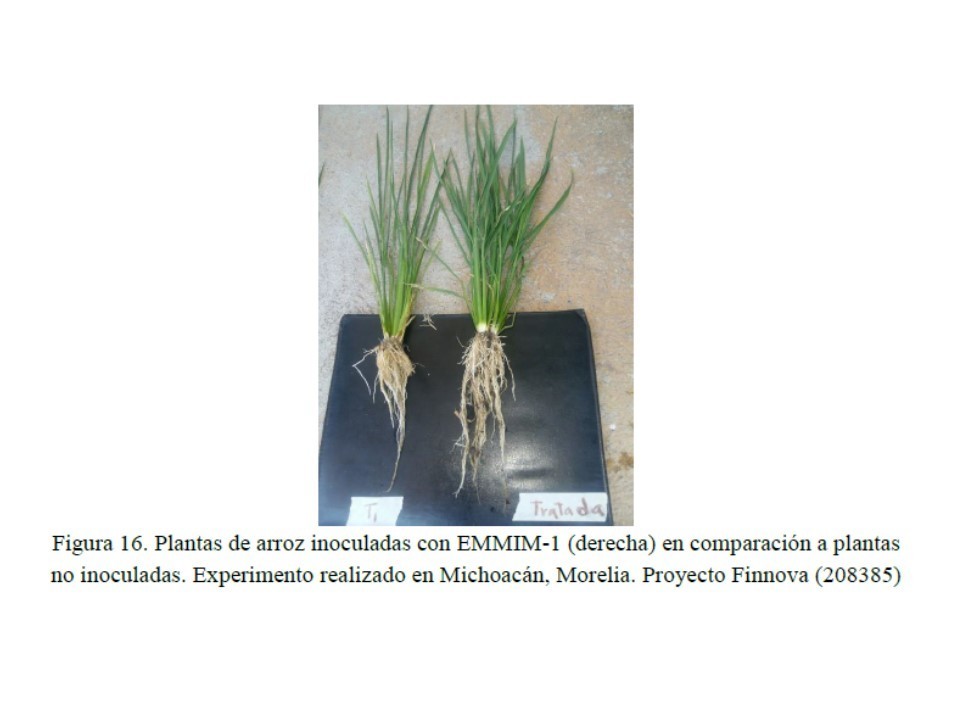
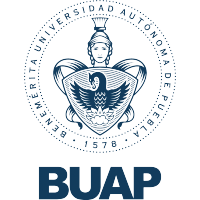
BACTERIAL FORMULATION FOR PLANT GROWTH.
Patents for licensing Benemérita Universidad Autónoma de Puebla

Self-compacting concrete with recycled concrete aggregate for sustainable structures
Innovative Products and Technologies UNIVERSIDAD DE BURGOS

Non-invasive treatment for residual lesions of involuted infantile hemangiomas
Innovative Products and Technologies Georgetown University

Automatic, universal, robot-controlled press brake tool change system
Innovative Products and Technologies Laser Consult Ltd.

Pressurized foam fire protection system for large diameter atmospheric storage
Innovative Products and Technologies Laser Consult Ltd.

Energy-free Liquid Crystal-based Bacterial Instrument
Patents for licensing NOVA University Lisbon

Smart Self-Centered Shear Wall (SSCSW) System
Innovative Products and Technologies University of Alberta, Technology Transfer Services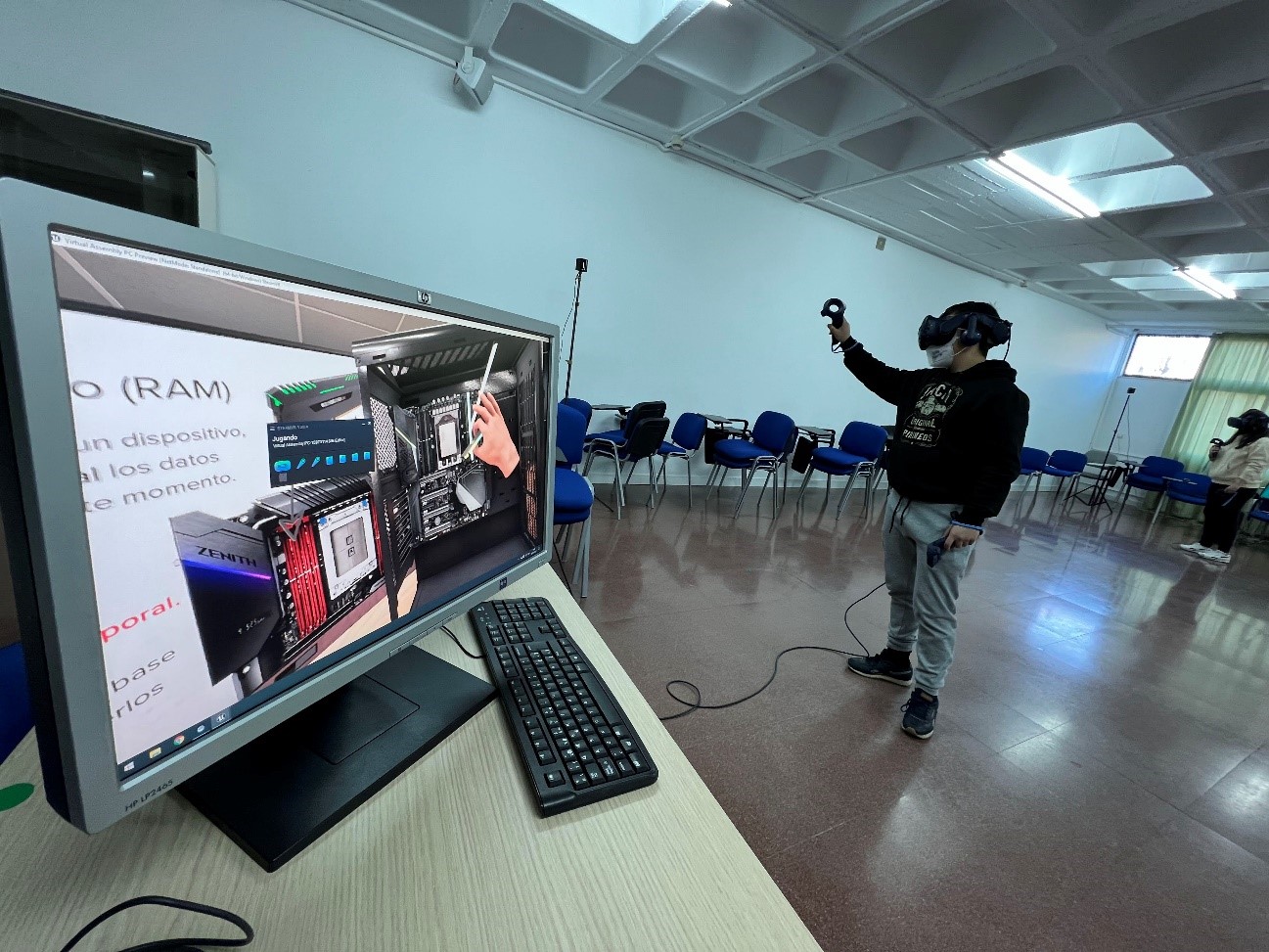
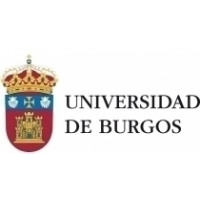
Virtual reality educational tool for learning improvement
Patents for licensing UNIVERSIDAD DE BURGOS

Prosody Based Speech Analysis
Patents for licensing Yeda

Detector based on a film for in situ Iron, Aluminium and Mercury measures
Innovative Products and Technologies UNIVERSIDAD DE BURGOS

Probes for determining the absolute configuration of D/L-cysteine and/or the enantiomeric composition of cysteine in a sample.
Innovative Products and Technologies Georgetown University

LIH383: Novel Modulator Of The Opioid System Regulator ACKR3
Innovative Products and Technologies Luxembourg Institute of Health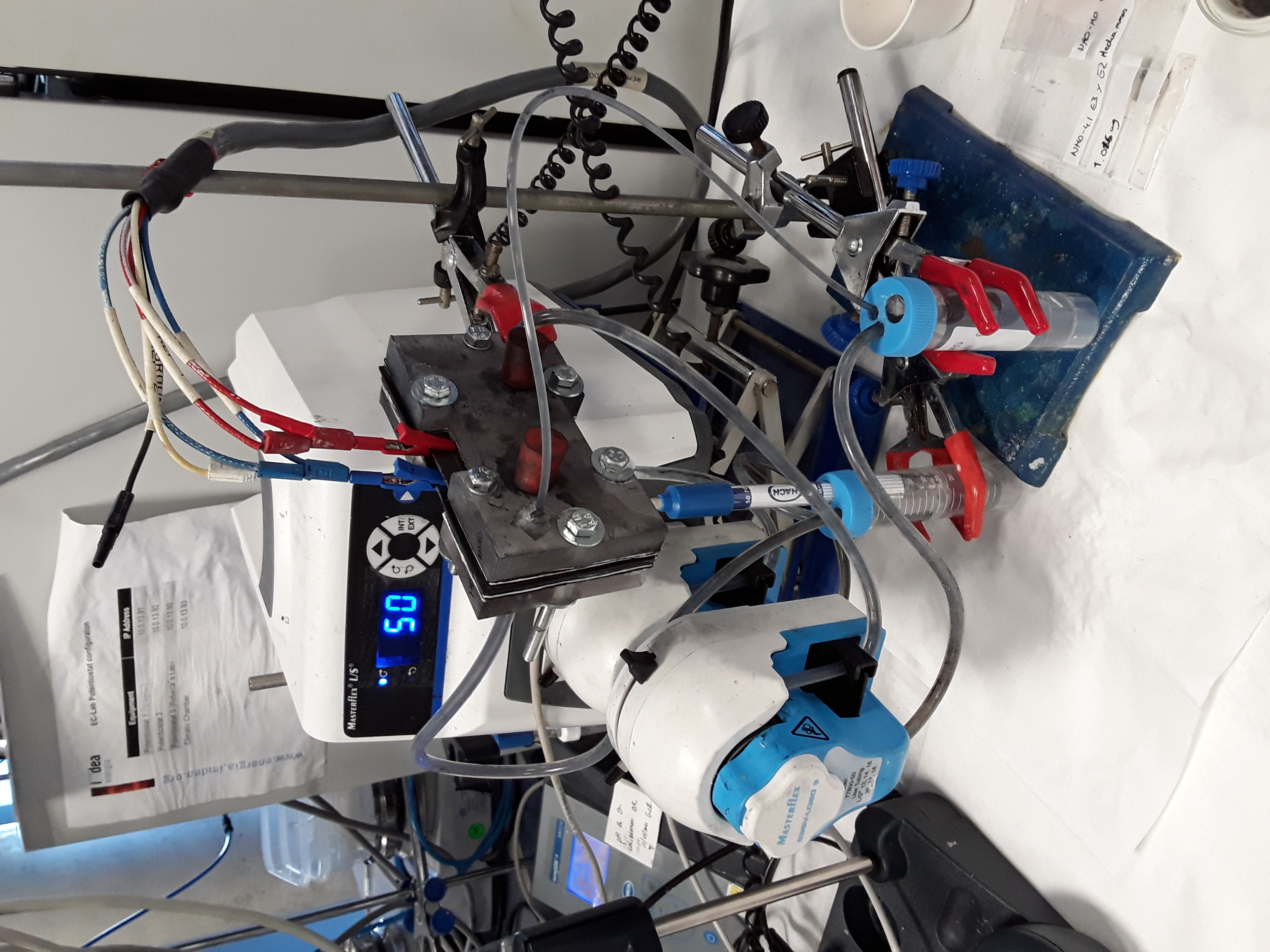

Selective ion capture, separation and concentration
Innovative Products and Technologies IMDEA Energy
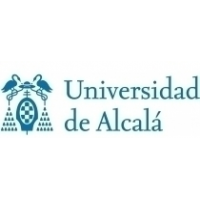
Diagnosis of the Building Pathologies by qualified and quantified images.
Patents for licensing Universidad de Alcalá-OTRI

